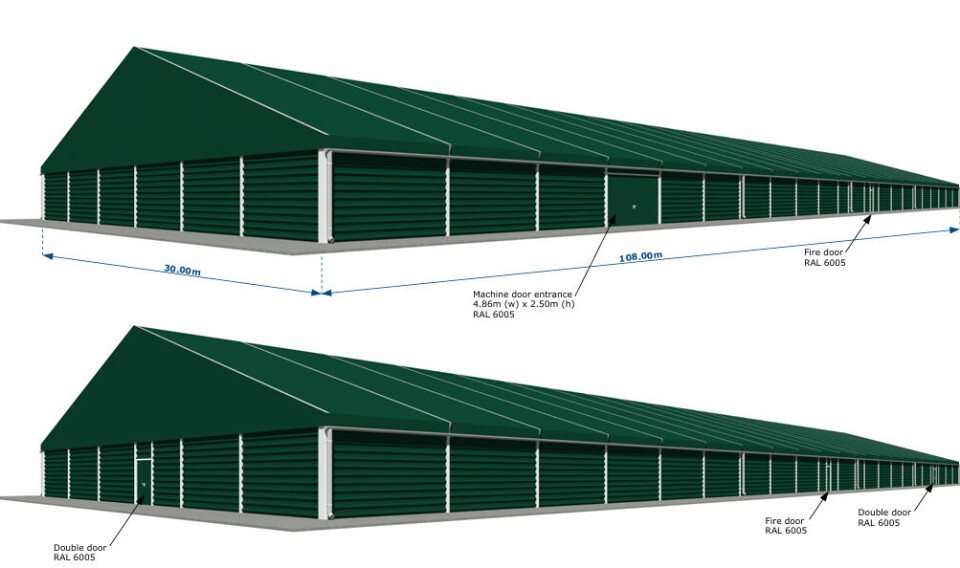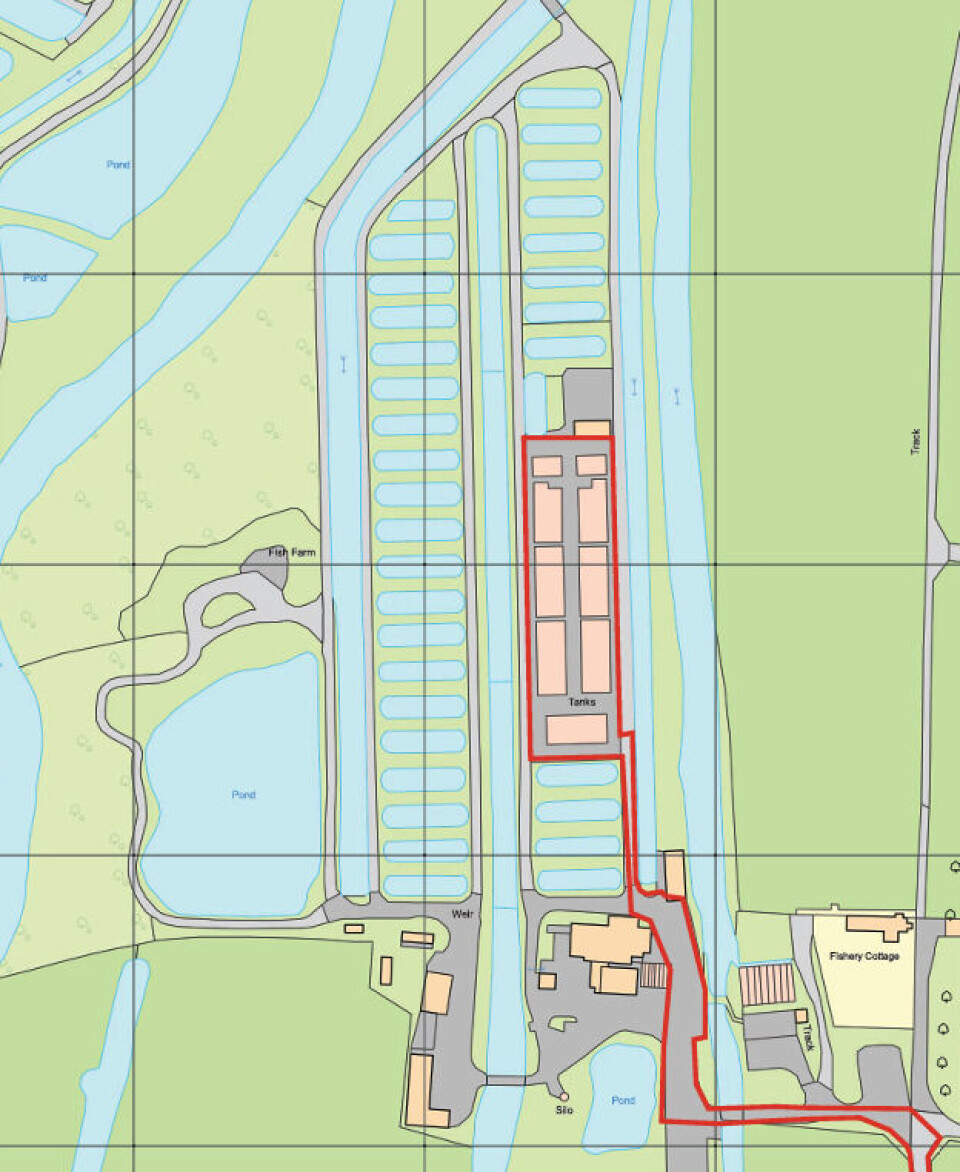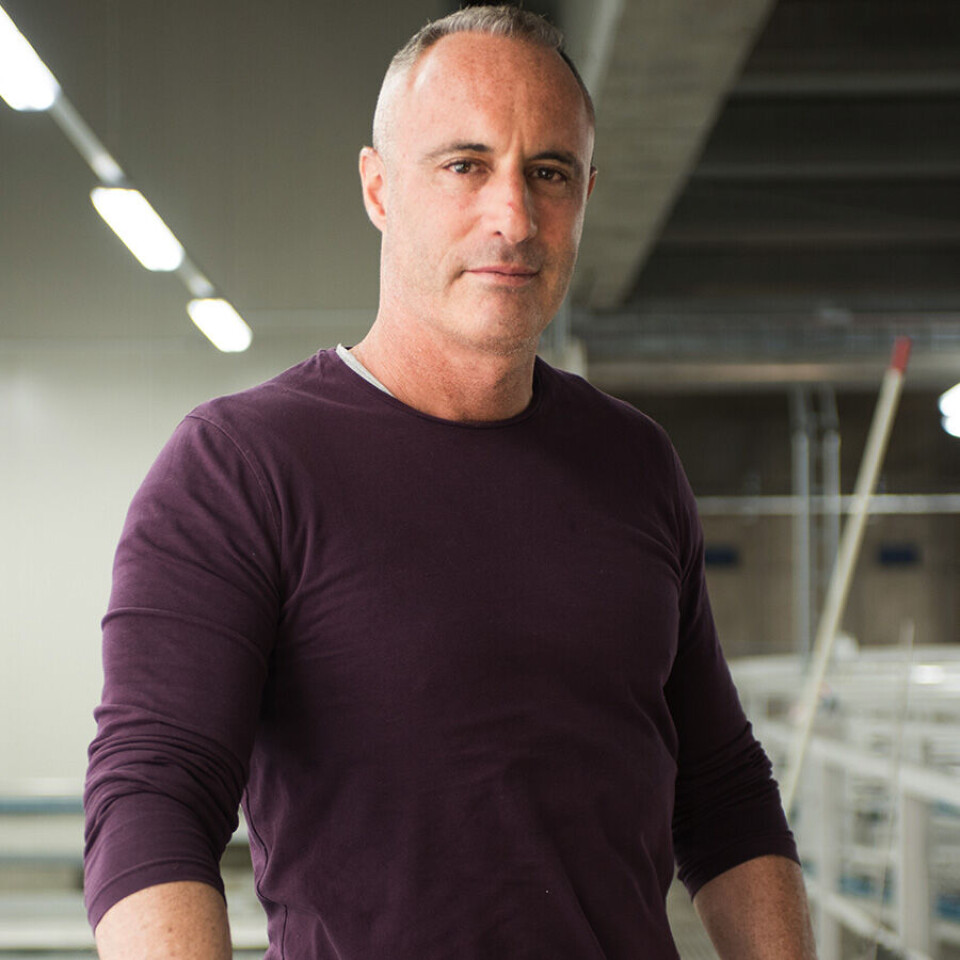
Shut-down trout farm given new lease of life by salmon producer
A former trout farm in the south of England is being converted to a salmon facility that will initially produce around 240 tonnes of fish annually.
Barford Fish Farm near Downton, Wiltshire, is now tenanted by Coldwater Salmon Ltd, a company owned by Julian Connor, who founded land-based salmon farm Swiss Lachs a decade ago. Barford uses a recirculating aquaculture system (RAS) fitted around six years ago.
Connor is also founder of Cold Water AG, which is converting a former flow-through smolt facility into a RAS salmon farm in Galway, west Ireland, and has secured sites for land-based farms in Spain, and Texas in the United States.
He told Fish Farming Expert that a permit to farm salmon at Barford was granted last week, on July 24 - which coincidentally is his birthday. Coldwater Salmon Ltd is now applying for planning permission to erect an opaque-sided "canopy" over some concrete fish ponds at the site.
Commercial imperative
"Without the proposed canopy the existing ponds would not be suitable for salmon farming due to the changeable British seasons and the high levels of pollution from bird droppings," wrote the company's planning agent. "The proposal is therefore imperative to support the vitality and viability of this existing rural business."
The canopy will exclude bird droppings – a possible disease vector – from the ponds, and also block out light, enabling the use of photoperiod lighting to control fish growth.
According to the plans, the canopy roof will be covered with solar panels to provide electricity, primarily for the lights.
The ponds to be covered are just a few of many on the 25-hectare (62-acre) Barford site, which was operated by Trafalgar Fisheries until March this year.

Connor said the site had potential for Coldwater to expand later, but added: “I don’t think land-based salmon farming should be big, I think it should be small and local, and sell everything locally. That’s our philosophy.”
He said projects such as the proposed 5,000-tonne land-based salmon farm at Grimsby wouldn’t work because costs are too high.

“Our business is small, selling directly to the consumer. That’s what we did in Switzerland very successfully, and we’ll do the same [at Barford]. We expect to sell all our fish to people living within a two-hour drive, which is about 35 million people as it encompasses London, Birmingham, Portsmouth, Southampton, Bournemouth: there’s a lot of people down there.
“We will only be selling locally, not exporting, and we will build a premium brand, direct sales, like we did in Switzerland. We want to sell directly to the consumer.”
50% premium
The Cold Water AG website states that sustainability along with the antibiotic-free aspect of production has enabled Swiss Lachs to now sell its fish at approximately 50% higher prices than imported Norwegian or Scottish salmon, so can Coldwater Salmon achieve that premium?
“We’ll do the same. We’ll sell directly to consumers who are living locally. That’s what people like, they want to buy local fish with no chemicals or antibiotics,” said Connor.
Coldwater Salmon will slaughter on site.
“Initially we’ve made a deal with a fish processor locally but we’d like to eventually do everything in-house, and do our own smoking as we do in Switzerland. Over there they make smoked salmon, gravadlax, everything," Connor concluded.